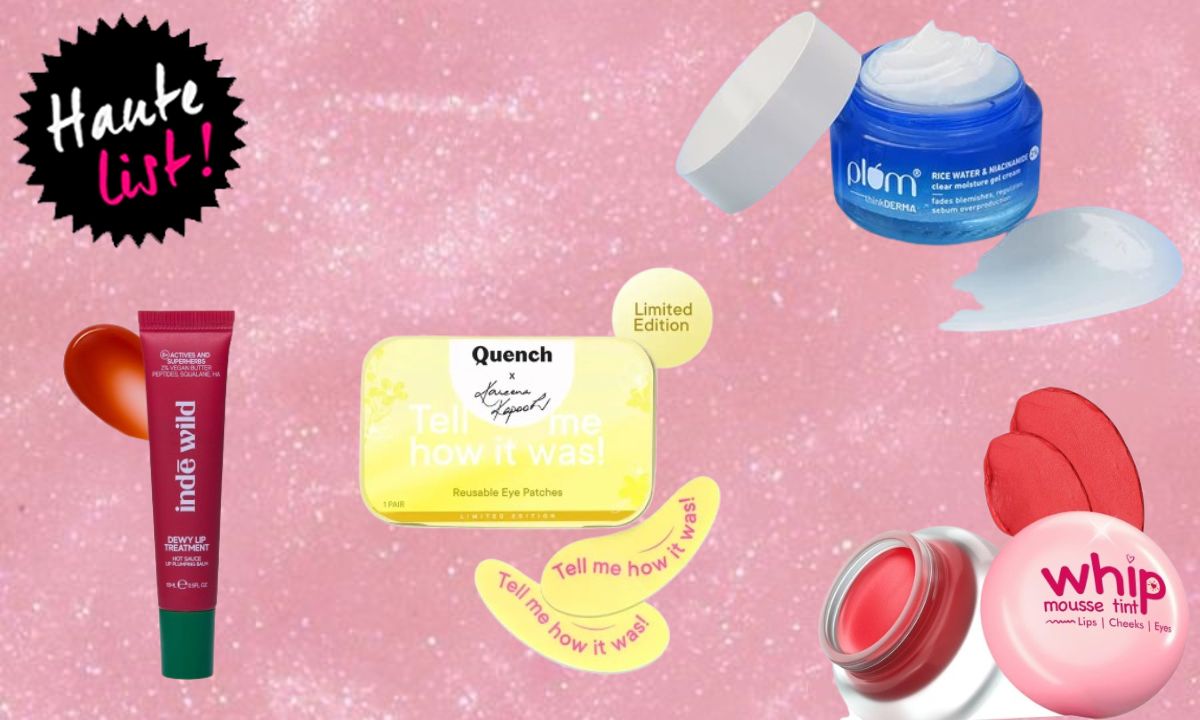What Is Niacinamide Sensitivity And How Does It Affect Your Skin?
Nothing is good when it is too much!

In recent years, niacinamide has become the darling of the skincare world, celebrated for its numerous benefits for the skin. From improving the appearance of fine lines to tackling acne, this form of vitamin B3 has garnered a loyal following. However, like any other skincare ingredient, some individuals may experience niacinamide sensitivity. So we’ll dive into what niacinamide sensitivity is, why it happens, its effects on the skin, and how you can avoid it.
Understanding Niacinamide Sensitivity
Niacinamide sensitivity, also known as niacinamide intolerance, occurs when your skin reacts negatively to products containing niacinamide. This reaction can manifest in various ways, such as redness, irritation, itching, or a burning sensation. It’s essential to note that niacinamide sensitivity is relatively rare, and most people can use niacinamide without any issues.
Also Read: Nargis Fakhri Just Revealed Her Skincare Routine And It’s Every Minimalist’s Dream
Why Does Niacinamide Sensitivity Happen?
Several factors can contribute to niacinamide sensitivity:
1. Skin Barrier Disruption: A compromised skin barrier is more susceptible to irritation from various ingredients, including niacinamide. If your skin’s protective barrier is weakened due to over-exfoliation or other factors, it may react negatively to niacinamide.
2. High Concentrations: Using products with extremely high concentrations of niacinamide can sometimes overwhelm the skin. Start with lower concentrations (around 2-5%) and gradually increase if your skin tolerates it well.
3. Other Ingredients: Some skincare products combine niacinamide with other ingredients that might trigger sensitivities in certain individuals. Always check the ingredient list for potential irritants.
4. Frequency of Use: Using niacinamide too frequently, especially in combination with other active ingredients, can increase the likelihood of sensitivity. It’s important to introduce new products gradually and not overdo it.
Effects of Niacinamide Sensitivity
1. Redness and Irritation: The skin may become visibly red, inflamed, or even develop a rash-like appearance.
2. Dryness or Peeling: Sensitivity can lead to increased dryness and peeling, which can be particularly bothersome if you were using niacinamide to combat these issues in the first place.
Also Read: Celebrity Makeup Artist Namrata Soni’s Nighttime Skincare Is Your Ticket to Glowing Skin!
How to Avoid Niacinamide Sensitivity
The good news is that niacinamide sensitivity can often be avoided or minimized with a few simple steps:
1. Patch Test: Before slathering a new niacinamide product all over your face, patch test it on a small, inconspicuous area to see how your skin reacts.
2. Start Slowly: If you’re new to niacinamide, begin with lower concentrations in your skincare routine. A 2-5% concentration is a good place to start.
3. Limit Frequency: Avoid using niacinamide-containing products too frequently, especially in conjunction with other active ingredients like retinoids or AHAs.
If you continue to experience sensitivity, consider consulting a dermatologist for personalized advice and potential alternative skincare solutions.
First Published: September 01, 2023 4:06 PMWhy Are You Still Breaking Out Even After An Extensive Anti-Acne Skincare Routine?





















